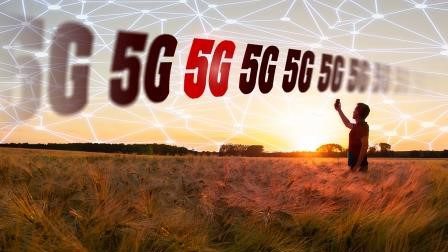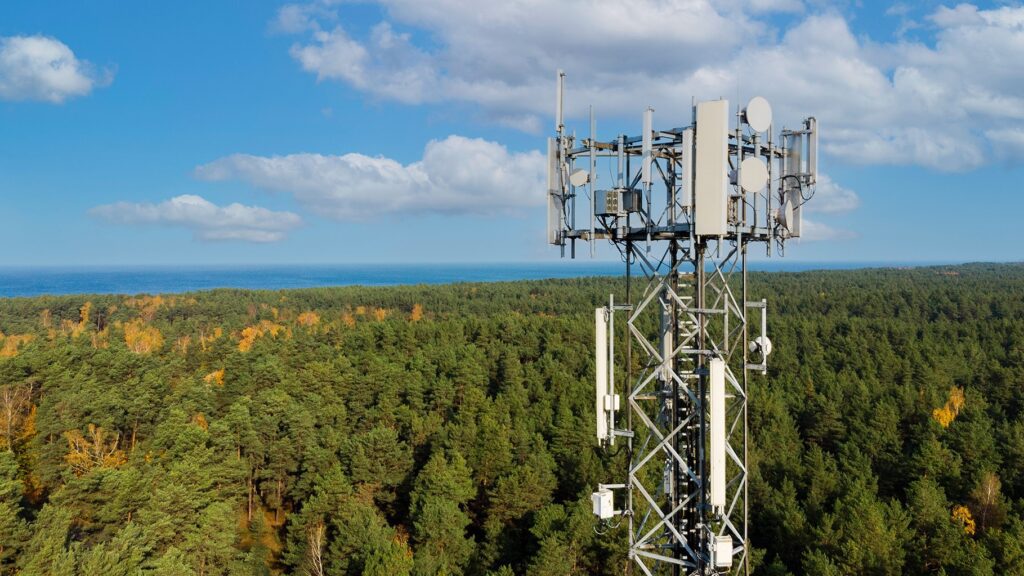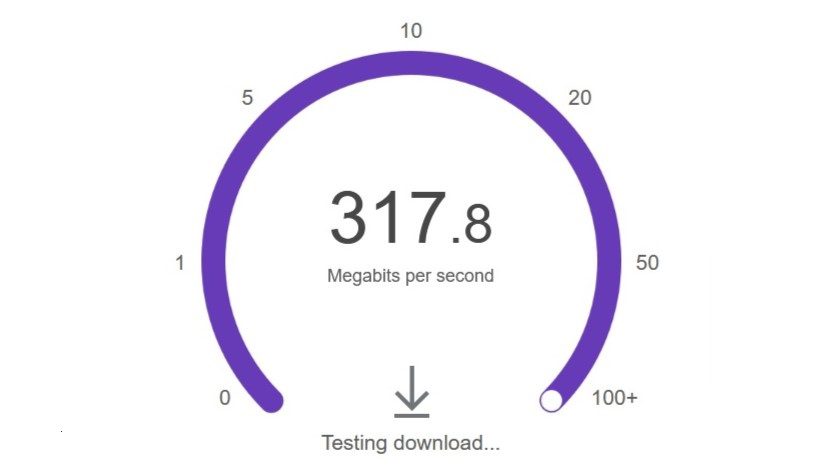Rural Mobile Carriers Say 5G Fund Reverse Auction Might as Well Wait
Randy Sukow
|

A coalition of mobile phone and internet operators covering, including Nex-Tech Wireless in Kansas, and seven rural areas others including the Appalachians, Carolinas, and the Upper Midwest has asked the FCC to reconsider several of the provisions of its Second Report and Order on the universal service 5G Fund adopted last summer. The Coalition of Rural Wireless Carriers (CRWC) asked the Commission to delay setting a date for a 5G reverse auction until it corrects several flaws in the order and the overall universal service program.
The reverse auction of the $9 billion 5G Fund would be to distribute funds to rural and other areas unserved by fast mobile internet service. But FCC Chairman Brendan Carr, at the time a commissioner, dissented from the 5G Fund order during the August vote, claiming that it was premature to go forward before all problems with the Broadband Equity, Access, and Deployment (BEAD) program were resolved. The CRWC makes similar points in its Petition for Reconsideration.
The most efficient way to distribute the $9 billion 5G Fund, many believe, will be in coordination with the $42 billion BEAD program. The Rural Carriers listed several other conditions that should be in place before scheduling an action, including the completion of a workable challenge process with accurate mobile coverage maps; a Supreme Court decision on the constitutionality of the universal service program, and ultimate agreement of universal service reforms by a bipartisan congressional task force.
The Commission’s Broadband Data Collection (BDC) process, which gathers data for both landline and mobile broadband coverage, has been in place for more than two years, but carriers consistently complain that the data is not accurate enough to set BEAD and universal service policies. In the petition, carriers say that the FCC has accepted a “statistically insignificant number of challenges” based on the data and attempts to submit “bulk challenges” has been especially difficult.
The whole challenge process is not user-friendly, as required by the Broadband DATA Act, the carriers claim. “The Commission’s efforts fail to meet the statute’s directive that there not be inordinate ‘costs to consumers and providers resulting from a misallocation of funds because of a reliance on outdated or otherwise inaccurate information in the coverage maps,’” according to the petition.
Last year, the U.S. Court of Appeals for the Sixth Circuit declared the contribution system for the FCC universal service program to be unconstitutional. The U.S. Supreme Court has agreed to hear an appeal. Because the 5G Fund is a universal service program, it is questionable whether an auction will ever happen if the court upholds the Sixth Circuit decision.
“Until this significant uncertainty is resolved, the Commission should not proceed with the 5G Fund auction, risking a massive waste of Commission and auction participant resources if the program is struck down, even temporarily,” the petitioners said.
Even if the Supreme Court does not strike down the universal service program, the program’s contribution mechanism remains in great need of reform, the petition say. The petition refers to the other major decision out of the Sixth Circuit, striking down the FCC’s order making internet a Title II telecommunications service, specifying that both landline and mobile internet are “information services.” The court with that decision removed the FCC’s option to require internet providers to contribute to universal service.
“With contributions limited to interstate and international end-user telecommunications revenues, that is, basic voice services provided through the Public Switched Telephone Network or interconnected VoIP, the dysfunctional contribution mechanism continues it’s downward spiral,” CRWC said. The added uncertainty increases the need to postpone a 5G Auction, the group says.


